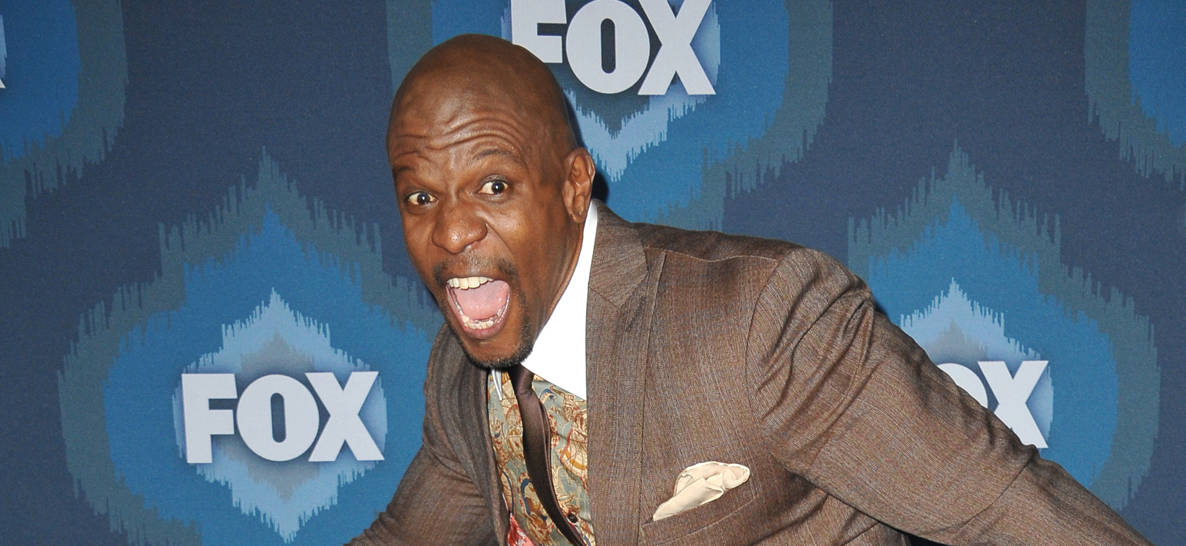In the last two years, Alejandro González Iñárritu’s existential, earthy films have swept the Oscars. In 2015, Birdman took home Best Picture, Best Director, Best Original Screenplay and Best Cinematography. This year, The Revenant scored 12 nominations. Iñárritu took home Best Director, becoming only the third director ever to win the award back to back.
We talked to Iñárritu for the March-April issue of RELEVANT (which hits newsstands tomorrow). He is aware of his accolades and recognition, but they don’t seem to matter all that much to him. Instead, he says he’s far more interested in creating long-lasting works that reflects his spiritual and moral preoccupations. It’s the work, not the awards, that matter to Iñárritu.
If you’ve seen The Revenent (or Birdmad), you can recognize Iñárritu’s interest in exploring the diverse faces of humanity. He wants to dig into spiritual life.
“The factual thing that happened to Hugh Glass [Leonardo DiCaprio’s character] 200 years ago—of being attacked by a bear, being abandoned, and then the difficult, emotionally and spiritually painful survival quest he had to go through—got my attention,” he says.
“My question was: How would a man be shaped by that experience? What’s going on in the mind of somebody who has the will, the endurance and the resilience to survive? What makes people survive and fight? I felt this was a great opportunity to explore those themes, and to explore the idea of revenge, to understand how revenge works in a human soul.”
The Revenant was the biggest and most expensive film of Iñárritu’s career so far, with elaborate battle sequences, jaw-dropping natural settings and stunning special effects. But what makes the film memorable is the way it carries the same dramatic potency, spiritual rigor and interest in physical and psychological exploration that have always defined Iñárritu’s work.
These tensions are what drive him.
“As a filmmaker, the most important thing for me was the spiritual dimension of these journeys,” he says. “There is a very animalistic and primitive dimension to these people’s stories, but you can’t judge people—it’s a big mistake to judge people without understanding their context.”
This type of spirituality fits Iñárritu’s own religious sensibilities. Even though he grew up in the Roman Catholic Church, the only real expression his faith finds now is an earthy spirituality. But he doesn’t keep his background from seeping into his filmmaking.
“I consider myself a spiritual person in the way that I try to be present and aware,” he says. “I try to live in the moment and be mindful of everything going on around me. I think that’s really my biggest spirituality.
“Most of the artistic things we normally neglect come from the instinct, and not from a very rational point of view,” he continues. “I’m sure that, consciously or unconsciously, many of the things that I was raised on, the things I consider important to reflect on, have a role in what I do when I’m writing and working.”
Most clearly, you can see this in his films’ ethics and in the moral universes he creates. Particularly in The Revenant, the dark, gritty landscapes aren’t accidental. Growing up in Mexico City, violence was more than just an element of entertainment for Iñárritu.
“I think we now live in a culture where violence is considered brave. It’s considered cool and entertaining,” he says. “I come from a very violent city. I have been witness to violence, and I have sometimes been a victim of violence. I can’t laugh about violence. I cannot use it to exploit it. I can’t.
“In this film, I try to show that these men were living under very raw, difficult circumstances,” he continues. “There’s violence integrated in their lives—it’s man against nature, and man against man. Everybody is trying to survive, including the animals.
“But I always try to present violence with a consequence. I always try to show the painful consequences that violence brings. You cannot deny violence, because we are violent. But every act of violence has a painful consequence no matter what.”
Along with violent scenes, The Revenant particularly includes a head-on look at religion: the Native American spirituality of the indigenous tribes and the Christianity brought by Europeans. And like his approach to violence, Iñárritu’s portraits of religion are intensely human in the rawest ways.
“At that time, there were people from all around the world,” he says. “Most of them came from Europe, and there were a lot of Catholics and Protestants with strong spiritual roots.
“It’s integrated in the film in subtle ways. But sometimes you can feel that the characters were praising something that was absolutely wrong, or they were saying one thing but doing the exact contrary, which is a contradiction. That is a part of our weakness as human beings. I feel like that’s very human.”
That’s exactly what Iñárritu is going after: “Human.” He’s been taking in the complex stories of people and cultures yet untold—and telling them back to us in all of their complexity.






















